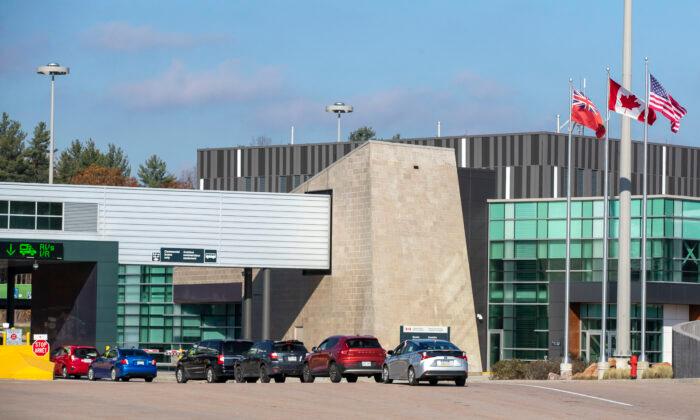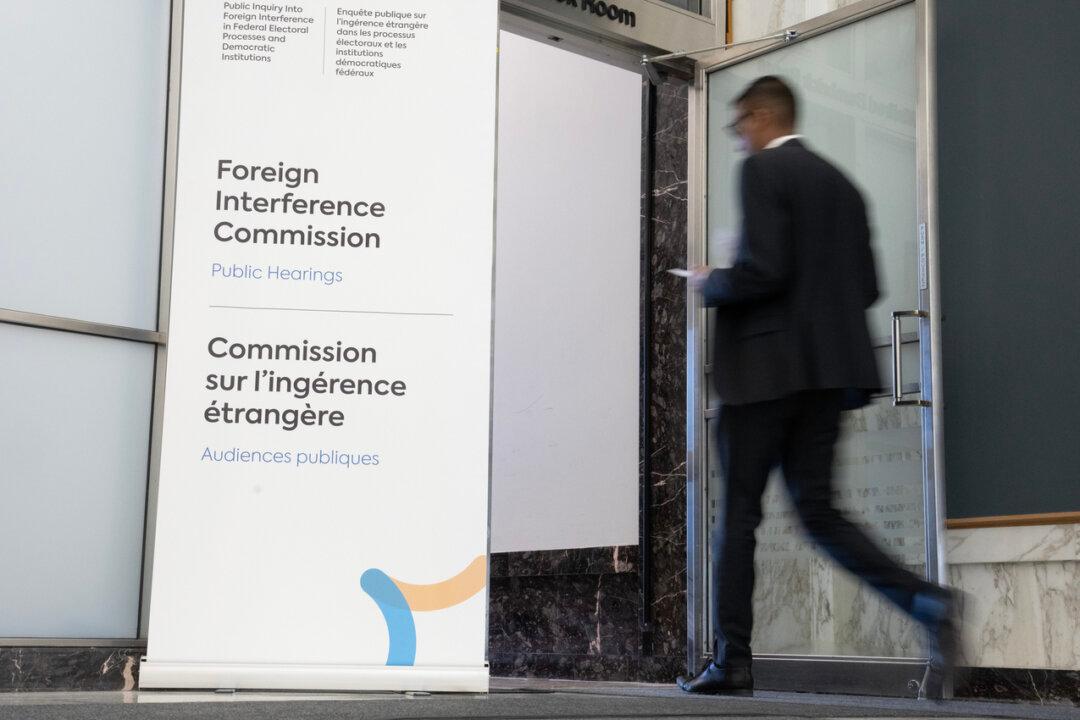With Canada’s rising COVID-19 cases, the U.S. government is warning its citizens to avoid travelling north of the border.
On Jan. 10, the U.S. Centers for Disease Control and Prevention (CDC) issued a Level 4 Travel Notice that put Canada at the highest risk in its alert system.
“Avoid travel to Canada,” the notice says, citing a “very high level of COVID-19” in the country.
“If you must travel to Canada, make sure you are fully vaccinated before travel,” it added.
“Because of the current situation in Canada, even fully vaccinated travelers may be at risk for getting and spreading COVID-19 variants.”
U.S. travellers are told to follow Canadian public health recommendations and requirements, including wearing a mask and maintaining six-foot social distancing.
The CDC has also issued a Level 4 Travel Health Notice for
81 other countries around the world.
Last month the Canadian government issued its own travel advisory warning residents against all non-essential international travel due to the Omicron variant.
While evidence shows that Omicron causes much less severe illnesses due to significantly lower lung infections, the variant’s high transmissibility is driving up COVID-19 cases across Canada.
On Jan. 11, Quebec reported 2,742 hospitalizations, an increase of 188 over the previous day, including 433 new admissions and 245 discharges while intensive care cases increased by seven for a total of 255, with 45 new admissions and 38 discharges.
In Ontario, COVID-19-related hospitalization rose to 3,220 on Jan. 11 from 2,497 on Jan. 10 with 477 patients in intensive care, a 10 percent increase in 24 hours.
While several provinces across Canada have delayed the return to in-person learning in an effort to curb the rising cases, the two westernmost provinces moved ahead to reopen schools on Jan. 10.
British Columbia’s top doctor Dr. Bonnie Henry said on Jan. 7 that the return to school is “essential” for the emotional, physical, and intellectual well-being of children, and that students are safer in the classroom than in other “unstructured settings” outside of the school environment.
On Jan. 10, B.C. reported 2,106 new cases, with 431 people currently hospitalized and 95 in critical care.
Alberta is also bringing kids from in kindergarten to Grade 12 back to classes after an extended holiday break.
Alberta reported 5,281 new cases on Jan. 9, a drop from 6,135 cases the previous day. The province has 635 people in the hospital with the coronavirus, with 72 in intensive care.
The Canadian Press contributed to this article.





Friends Read Free